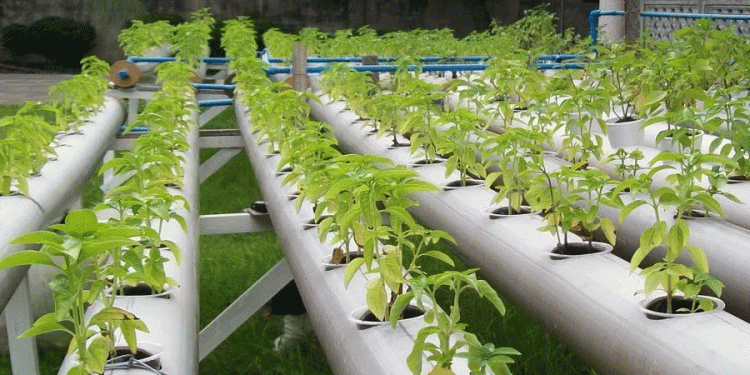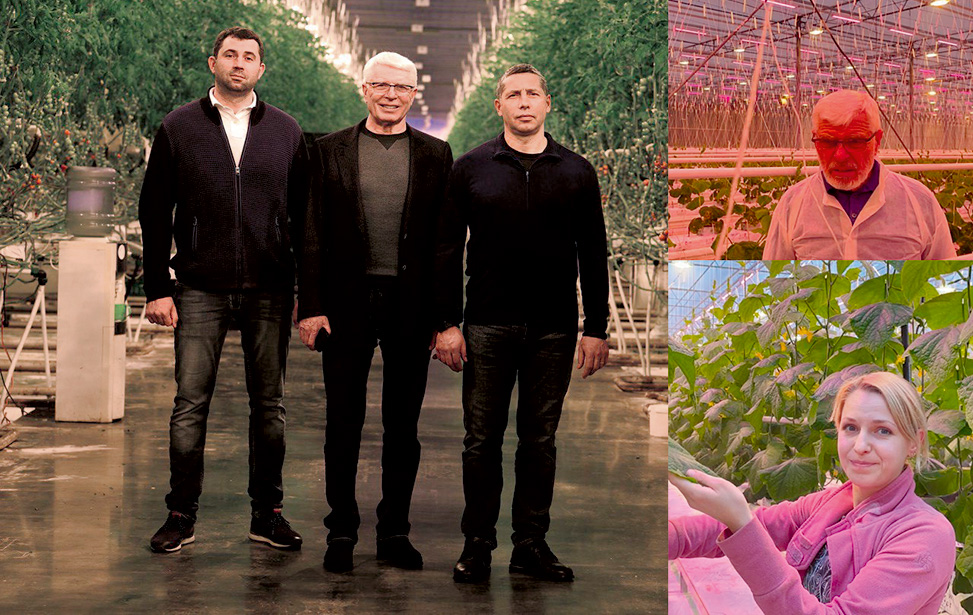In the face of rising inflation and decreasing agricultural land, hydroponics presents a promising solution for farmers in Bali. According to Dr. Muliarta, an academic from Warmadewa University in Denpasar, the region’s limited arable land makes hydroponic agriculture not just beneficial, but essential. This method allows for the cultivation of high-quality vegetables and fruits in a controlled environment, ensuring that local communities have access to fresh and nutritious food while also addressing economic concerns.
The Advantages of Hydroponics in Bali
Hydroponic farming, which involves growing plants without soil using nutrient-rich water solutions, is particularly well-suited to Bali’s warm and humid climate. The region’s conditions favor rapid plant growth, which, coupled with the efficient water usage inherent in hydroponic systems, leads to higher yields. As noted by Dr. Muliarta, the environmental benefits of hydroponics are significant: these systems use considerably less water compared to traditional agriculture and allow for water recycling, minimizing waste and promoting sustainability.
The Indonesian Ministry of Agriculture has reported that hydroponic systems can reduce water usage by up to 90% compared to conventional farming methods. This efficiency is critical in areas like Bali, where water resources are increasingly strained.
Hydroponics as an Inflation Mitigation Strategy
In response to questions about hydroponics’ potential to combat inflation, Dr. Muliarta emphasizes its role as an effective agricultural strategy. By producing vegetables and fruits more rapidly than traditional farming, hydroponics can help stabilize food prices and supply. This is particularly relevant in urban areas where demand for fresh produce often outstrips supply.
Local production through hydroponics not only shortens the supply chain but also reduces transportation costs and time, further contributing to price stabilization. The closer proximity of these farms to urban markets means that produce can be delivered faster and fresher, reducing spoilage and ensuring that consumers have access to quality products.
Moreover, by empowering individuals to grow food in their homes or communities, hydroponics can foster economic independence. As families become more self-sufficient in their food production, they can mitigate the impact of rising food prices. This aligns with broader economic trends in Indonesia, where urban agriculture is gaining traction as a means to address food insecurity and support local economies.
Hydroponics stands out as a vital agricultural practice for Bali, providing a multifaceted solution to the challenges posed by inflation and limited land resources. By promoting sustainable food production and reducing environmental impact, hydroponics not only benefits farmers but also strengthens the resilience of local communities. As awareness and adoption of this innovative farming method grow, Bali could see a significant improvement in both food security and economic stability.











